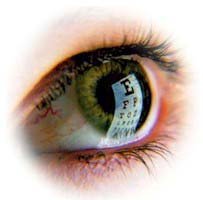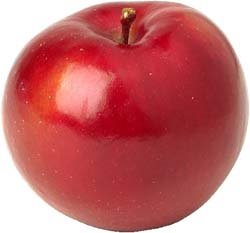Some Soft Drinks May Seriously Alter Your DNA

The term soft drink (more commonly known as pop or soda) originally applied to carbonated drinks made from concentrates, although it now commonly refers to almost any cold drink that does not contain alcohol. Beverages like colas, sparkling water, lemonade, and fruit punch are among the most common types of soft drinks.
Soft Drinks or carbonated beverages are produced by injecting carbon dioxide into the drink at a pressure of several atmospheres. Carbon dioxide dissolves readily at normal atmospheric pressure, but far more so at high pressure thus large volumes of gas can be dissolved. The soft drinks industries use other preservative and additives in order to give the drink a distinctive taste and color etc. Which is the matter of concern here.
A new research from a British university suggests a common preservative, known as sodium benzoate, added in soft drinks has the ability to switch off vital parts of DNA.
" Professor Peter W Piper , a professor of molecular biology and biotechnology at Sheffield University, tested the impact of sodium benzoate on living yeast cells in his laboratory and found that the benzoate was damaging an important area of DNA in mitochondria" The Independent from UK has reported.
Sodium benzoate is found naturally in cranberries, prunes, greengages, cinnamon, ripe cloves and apples, and is as a preservative for decade by global carbonated drinks industry, which is used to kill yeast, bacteria, and fungi in soft drinks, jam, fruit juice and salad dressing.
Professor Peter whose work has been funded by a government research council, and has been working on sodium benzoate for a long time now said: “These chemicals have the ability to cause severe damage to DNA in the mitochondria to the point that they totally inactivate it; they knock it out altogether. The mitochondria consumes the oxygen to give you energy and if you damage it - as happens in a number of diseased states; then the cell starts to malfunction very seriously. And there is a whole array of diseases that are now being tied to damage to this DNA - Parkinson’s and quite a lot of neuro-degenerative diseases, but above all the whole process of ageing.”
A review of sodium benzoate by the World Health Organization in 2000 concluded that it was safe, but it noted that the available science supporting its safety was “limited”.
Professor Piper said tests conducted by the US Food and Drug Administration were out of date. He advised parents to think carefully about buying drinks with preservatives until the quantities in products were proved safe by new tests. "My concern is for children who are drinking large amounts," he said.
Sodium benzoate has already been the subject of concern about cancer because when mixed with the additive vitamin C in soft drinks, it causes benzene, a carcinogenic substance.
So, wait and watch for the development of this debate and meanwhile be cautious in choosing any food containing sodium benzoate as a preservative.




2 comments:
[+] Cancer is not a single disease with a single cause or type of treatment. In fact, there are as many cancers as there are types of human cells in our body (almost 200)...[+]
[+]Yoga can help people with cancer and other serious illness in three levels:[+]
Post a Comment